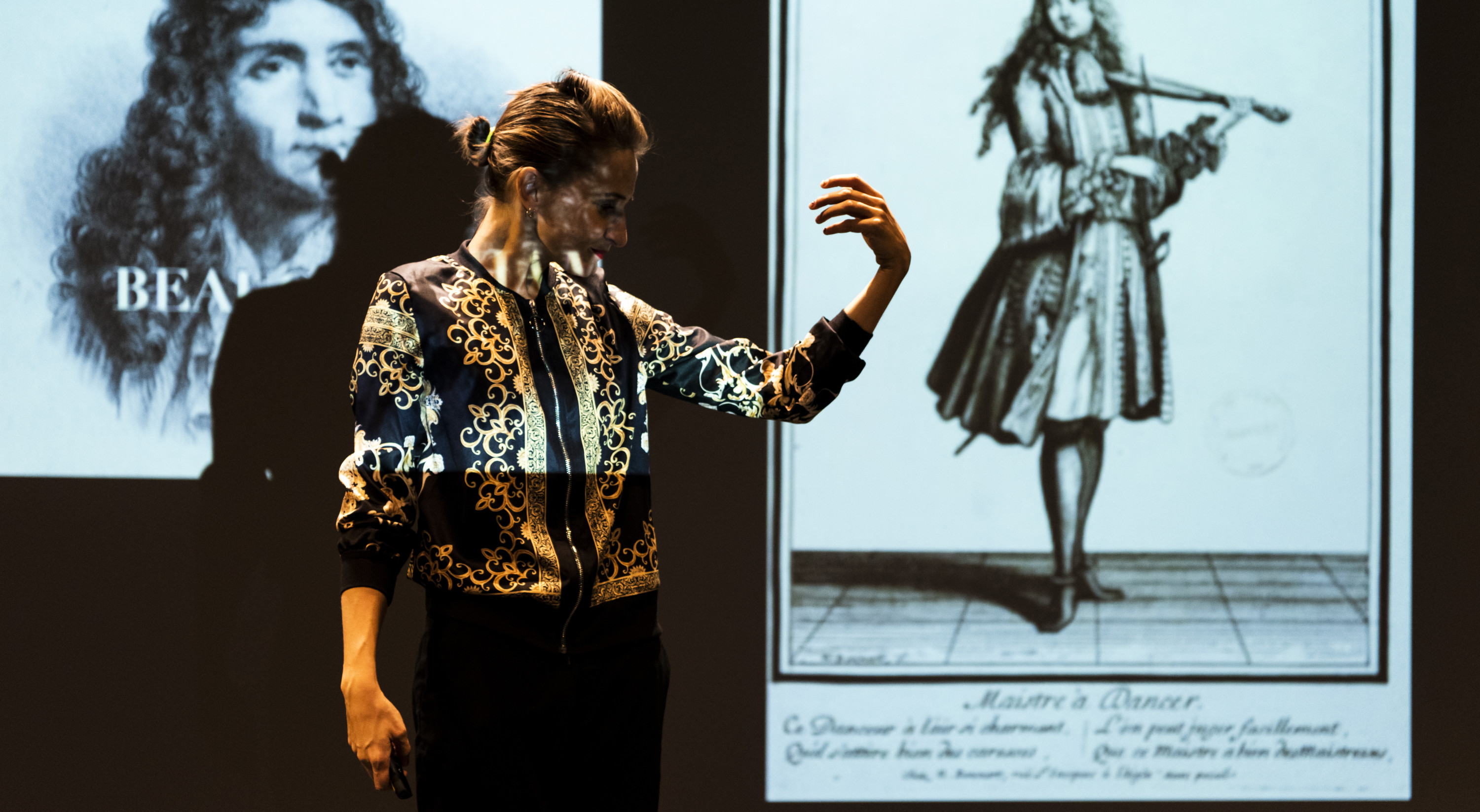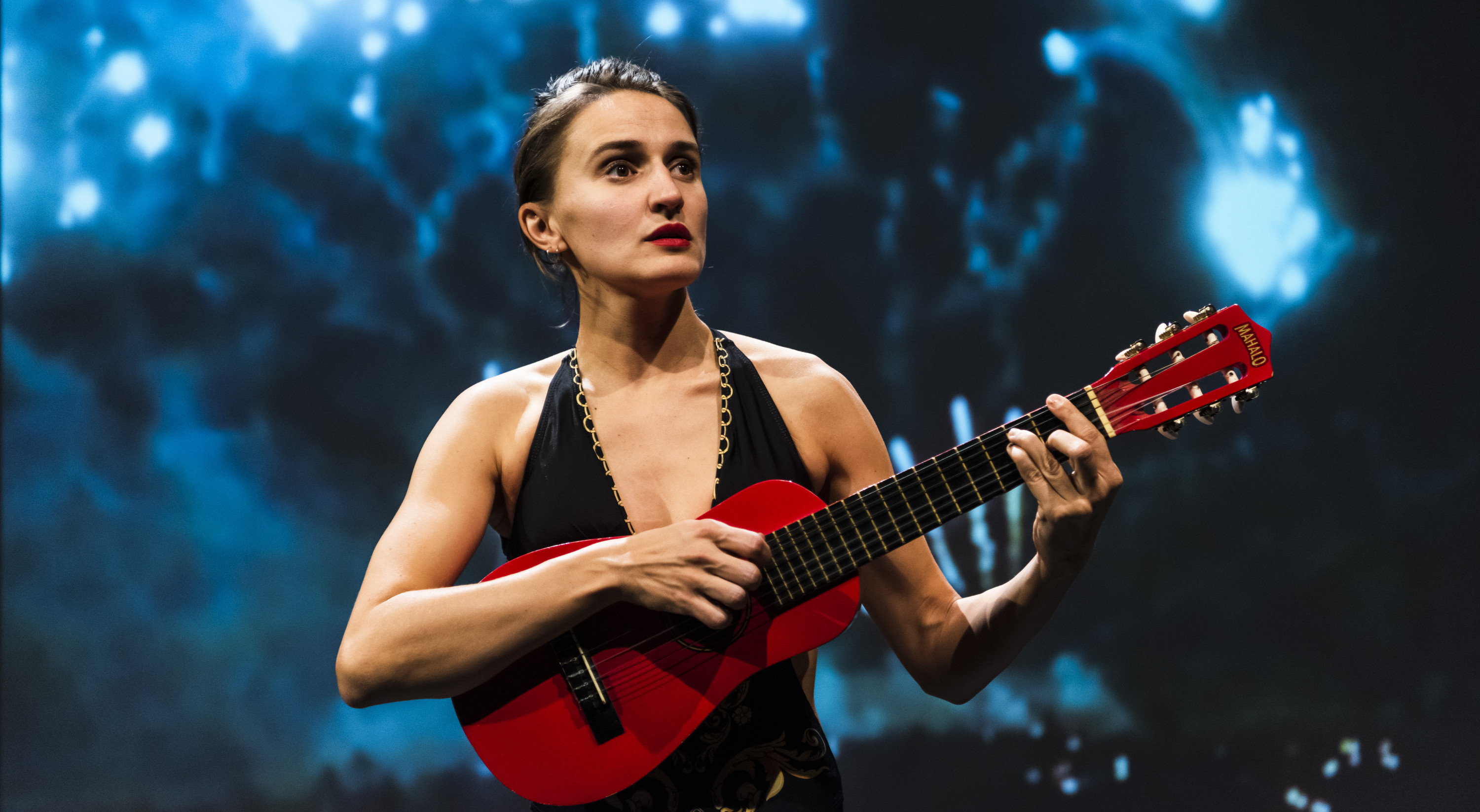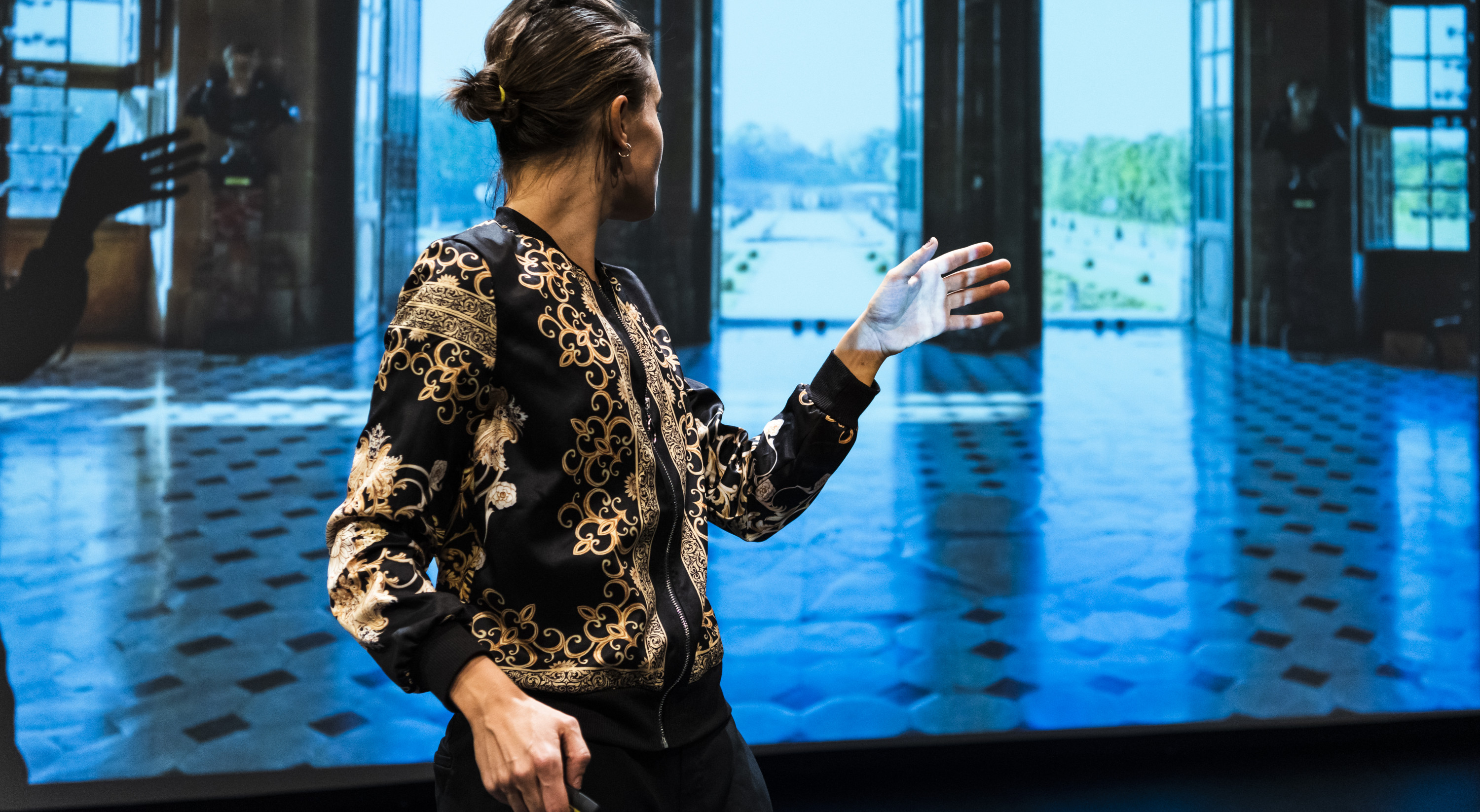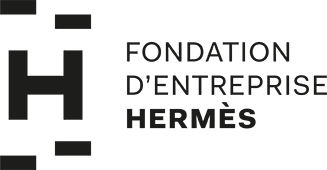Hortense Belhôte
1664
decemberdec 10
januaryjan 28
januaryjan 29
januaryjan 30
Text and performance Hortense Belhôte
Production, distribution, administration Fabrik Cassiopée
The Fondation d'entreprise Hermès supports university tours
The founding of the Kronenbourg brewery in Strasbourg; the sentencing to life imprisonment of Nicolas Fouquet, the former initiator of festivities uniting all the arts at his estate of Vaux-le-Vicomte; the advent of Louis Quatorzian absolutism; Colbert's creation of the Compagnie des Indes, the future ‘dealer’ in coffee, tobacco, rum, sugar and opium... What do these events have in common? They all took place in 1664 and marked a reversal of perspective, both aesthetic and political: from liberating celebration to political propaganda, from the symphony of the arts to the sclerosis of the academies, from intoxication to addiction. Hortense Belhôte's revitalising lecture, which combines erudition, committed discourse and personal recollections, brings the Baroque spirit up to date.
In the same place



